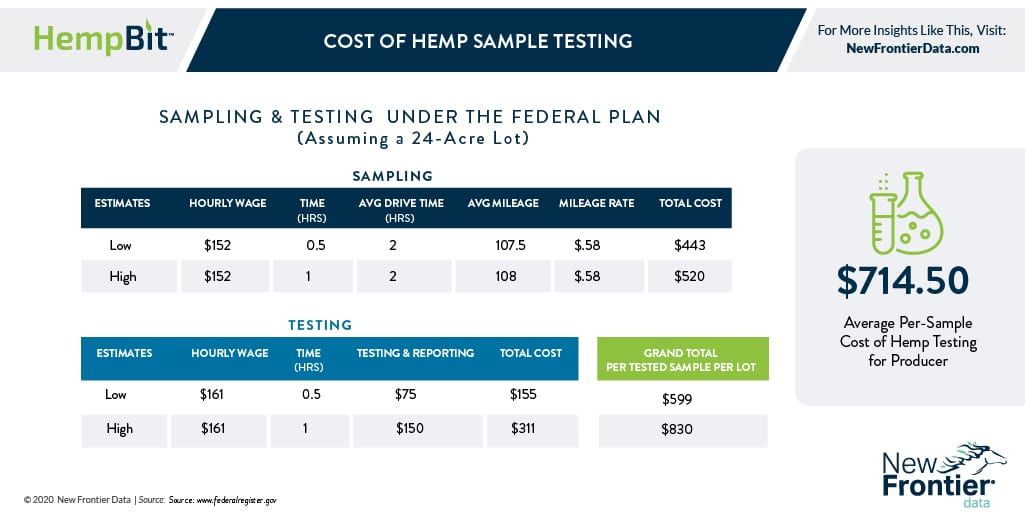Schumer Urges USDA to Aid Hemp Producers by Delaying Regulatory Deadlines


By William Sumner, Hemp Content Manager, New Frontier Data
Senate Minority Leader Chuck Schumer (D-NY) has called upon the U.S. Department of Agriculture (USDA) to delay the issuance of a final rule for the U.S. Domestic Hemp Production Program until 2022, and allow states to continue to operate hemp pilot programs as authorized under the 2014 Farm Bill.
In a letter to USDA Secretary Sonny Perdue, the Senate’s top-ranking Democrat argued that hemp farmers are having difficulty adapting to the department’s interim hemp regulations.
“The timing of implementation of the Interim Final Rules, especially during the COVID crisis, will create extreme disruption in this nascent industry,” Schumer wrote. “I ask that you delay the issuance of a final rule until January 2022, and allow states to continue to operate under the 2014 Farm Bill pilot program authority until then.”
Stating that current compliance costs are “suffocating for the emerging industry,” he added that the cost for reporting would be around $17,363.40 and that testing could cost producers around $700 per sample — which is only half-correct.
According to the USDA’s calculations, it would cost between $599-$830 to test a single sample. However, Schumer seems to confuse compliance costs for individual producers with the total amount of time it would take to collect compliance data, assumed to be 17,363 hours.
Nevertheless, Schumer joins a growing chorus of legislators and agriculture officials at both the state and federal levels in calling for a delay in implementing the USDA’s final hemp regulations.
In an August 5 letter, the National Association of State Departments of Agriculture (NASDA) joined the National Industrial Hemp Council (NIHC) in calling on Congress and the USDA to allow state pilot program to continue to operate through 2021. Senators Ron Wyden (D-Ore.) and Jeff Merkley (D-Ore.) have expressed similar concerns.
Senate Majority Leader Mitch McConnell (R-Ky.) — who has championed hemp production nearly as a panacea to Kentucky’s agricultural woes — has also expressed concern, saying that the hemp industry was off to a “rocky start”.
For Schumer in particular, the struggles of the hemp industry have hit home. Like McConnell, Schumer hoped to revive New York’s struggling agriculture sector with hemp production, going so far as to cut the ribbon at the groundbreaking ceremony of Canopy Growth’s hemp industrial park in Kirkwood, New York.
Yet, as elsewhere throughout the country, optimism for a hemp-driven agriculture sector has begun to wane as companies begin to move or shut down. In New York’s Broome County, for example, both Southern Tier Hemp and Great Eastern Hemp have begun to unload their assets, including a $2.2 million property intended to serve as a hemp processing and storage facility.
At the heart of the hemp industry’s troubled start is a lack of infrastructure, market saturation, and regulatory uncertainty. While little can be done to speed development of the hemp industry’s infrastructure or coordination between mismatched supply and demand, legislators hope to staunch the bleeding long enough for the market to recover.


